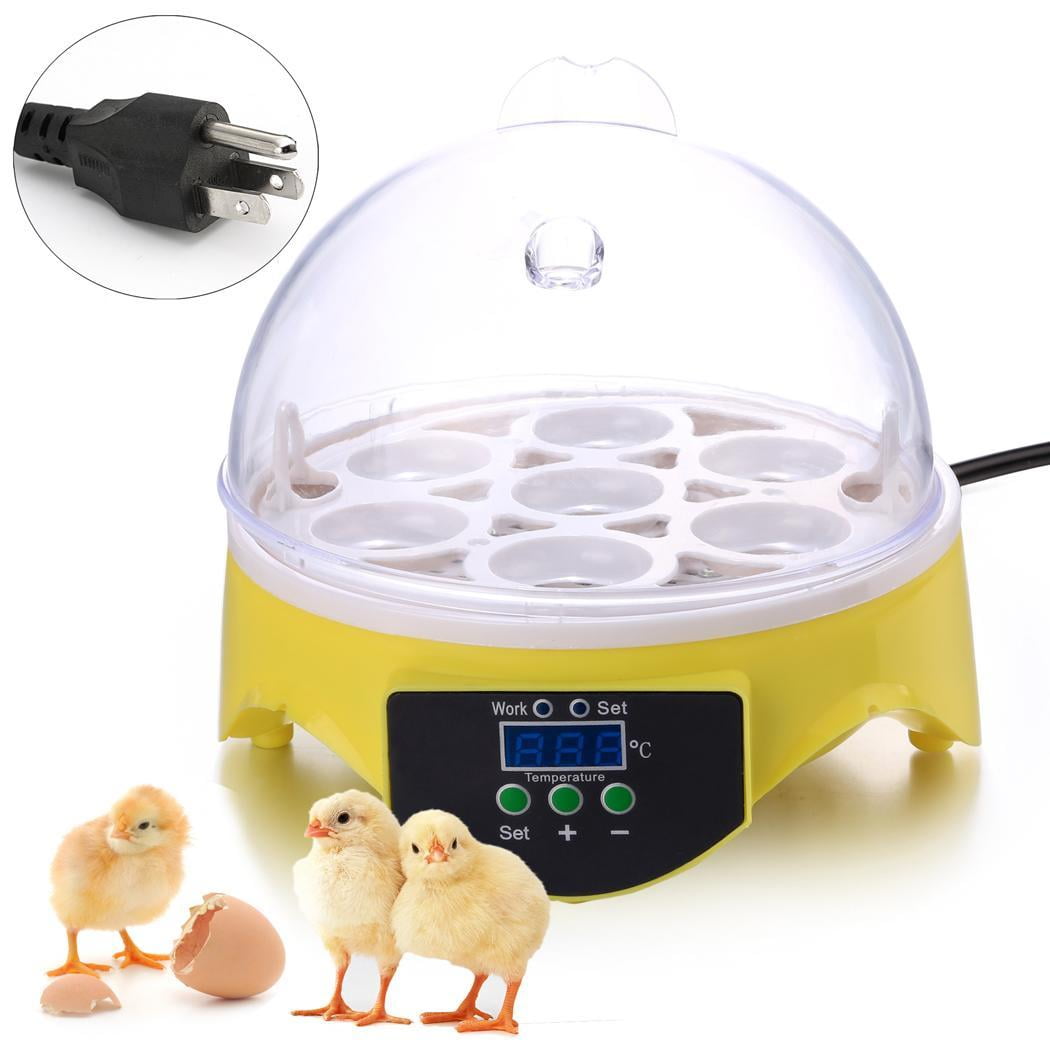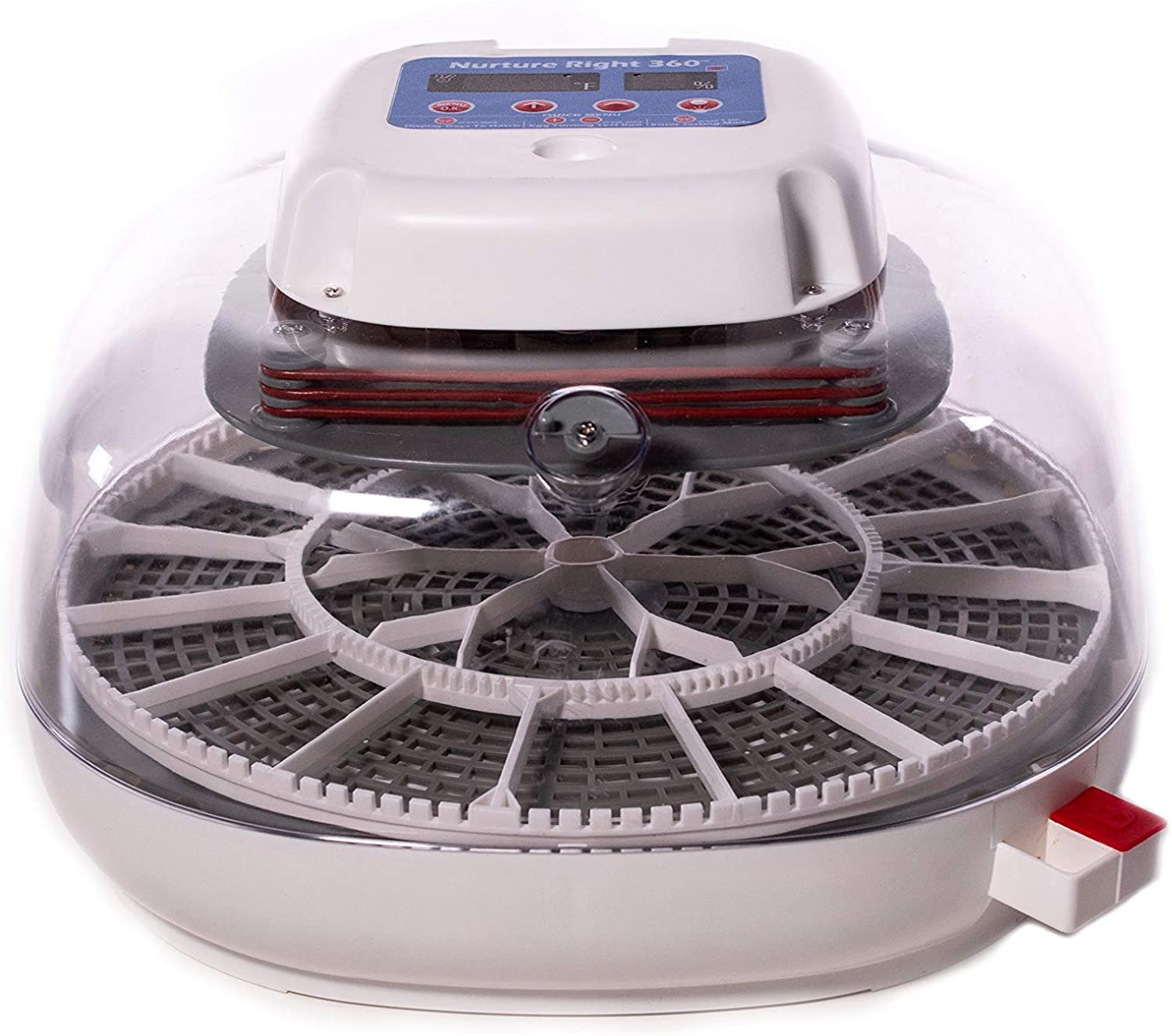

This replication is often clumsy and imperfect, but technology has taken great strides toward more efficiently copying nature.

What nature does effortlessly through instinct we must replicate through machinery. There are many different conditions that must be met in order to properly incubate chicken eggs and bird eggs in general.


Nothing is more exciting, or sparks livelier conversations, than watching an egg go from an oval thing with a hard shell to a fluffy, peeping, bright-eyed energetic baby chick.What Happens if You Don't Turn the Eggs in an Incubator? You are seeking a fun and educational activity for yourself, your children, or your students. When you have your own breeder flock, hatch their eggs, and raise their chicks on your own property, your chickens will be better acclimated to your environment than birds brought in from elsewhere.Ĩ. You maintain a sustainable flock that is acclimated to your particular locale. If you wish to hatch out large numbers of chicks, or you rely on your hens’ eggs for family meals or for sale, a broody hen can put a crimp in production numbers.ħ. Laying stops when setting starts, and a broody hen won’t begin laying again for another month or so after her eggs hatch. You may want all your hens to continue laying eggs. Let’s say you’re working to restore an endangered breed, or you are trying to produce the perfect show bird - you would better accomplish your purpose by hatching out as many chicks as possible.Ħ. Most hens can cover 12 to 18 eggs of the size they lay. You want to hatch more chicks than a setting hen can accommodate. If a setting hen leaves her nest early, falls victim to a predator in midterm, or makes her nest in an environment that would be unsafe for hatchlings, you can save the day by gathering up the eggs and hatching them in an incubator.ĥ. Unavoidable disturbances, such as from local wildlife or household pets, may create an unfavorable environment for brooding. Even when a hen successfully hatches eggs in a coop among other chickens, the other birds may pick on the little ones after they hatch.Ĥ. A hen that decides to set in a community nest, for instance, may take a brief excursion off the nest, another hen enters the nest to lay an egg, and the broody returns to find her original spot occupied - so she settles on the wrong eggs. You have no private place where the hen can brood. Light, flighty breeds selectively bred for high egg production particularly don’t have strong mothering instincts, although occasionally one of these hens fails to read the owner’s manual.ģ. Your chosen breed is generally not known for having reliable setters and good mothers. If you have fertile eggs that are particularly valuable, you might not want to trust them to a hen with no proven track record in the hatching department.Ģ. A hen that decides to brood for the first time may give up before her eggs hatch. Why on earth would anyone bother hatching eggs in an incubator when it’s so much easier to let a broody hen do all the work? Assuming you want to hatch out your own chicks in the first place, and you are ready to deal with the 50 to 60% of the chicks that turn out to be roosters, here are eight reasons to hatch eggs in an incubator and why some of us backyard chicken keepers become incurable hatchaholics.ġ.


 0 kommentar(er)
0 kommentar(er)
